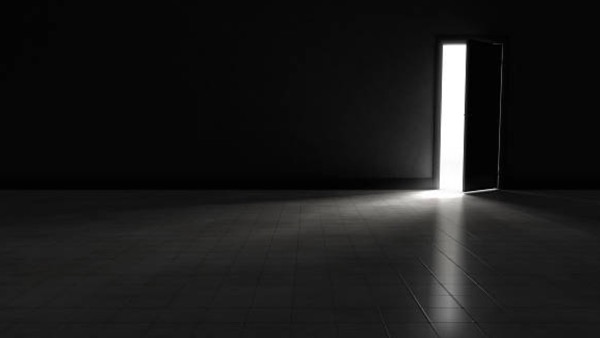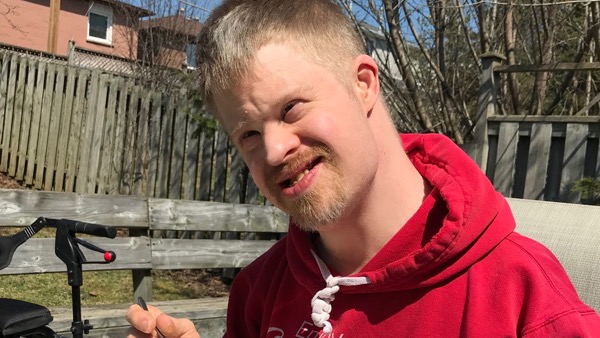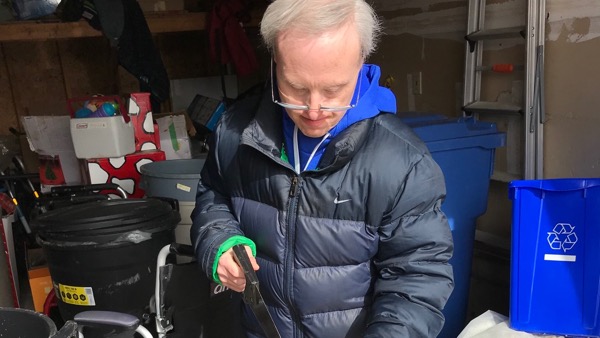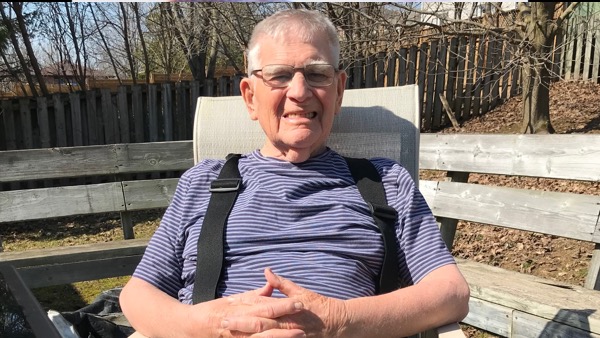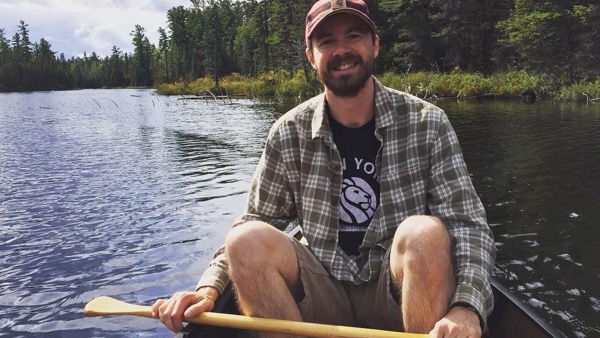The hockey arena is cavernous and cold. The fluorescent lights are harsh, and it smells like chlorine and Zamboni fluid. We, five men with intellectual disabilities and their support worker, are there to get our first doses of the Covid vaccine. The line is long, but we are patient. We have gotten very good at waiting. This is the first time the men I support have been in a public space, the first time they’ve been face to face with a person they don’t live with, in a year. We wait in line for forty-five minutes. But we have been waiting so much longer than that.
First, we waited in fear, every cough and runny nose a potential harbinger of an outbreak. Then, after the months began to past, we waited in boredom. Then, resignation: This is just how we live now. Then with the Spring came the vaccine, and resignation turned to the restlessness of hope. This vaccine has given us something concrete to wait for.
Finally, the moment comes. The last consent form is signed, and we are lead out to center ice, where a dozen kind but weary nurses await us. We roll up their sleeves, and the needles go in. We are directed to the chairs towards at the far end of the rink where we sit and wait some more: Fifteen minutes more to be exact, to be observed for reactions.
As we sit and wait, I look around at the men I’ve waited through the year with. There was so much fear, a year ago, so much doubt: Would they be able to follow protocol? Would they be able to abide the disruption to their carefully crafted routines? Would they be able to share their limited space with one another?
But I needn’t have worried. They have been heroes, each of them. They have risen to every challenge that has faced them with grace and courage and an overwhelming empathy for one another. Whenever the restrictions have seemed too much to bear, all I’ve had to do is remind them that they are doing it to keep each other safe, and all their objections have fallen away. If the rest of the world had shown the same compassion towards its neighbor, the same selfless endurance for the sake of its community, the story of this year would have been very different.
Our fifteen minutes are up, and we are directed to a tunnel at the back of the arena that leads to the exit. It is dark in the tunnel after the glare fluorescent lights, and we fumble in the dark for the fire door. I find it, push it open, and we are out, into the sunlight and the springtime. The air is warm, the sun is blinding. For a few moments we can’t see where we are going.
And this is where we are, the men I support and I, and the agency that supports us, and the ministry that supports them. We are coming out of the tunnel after a long darkness, and the world outside is not the one we left behind. The old rules no longer apply. The policies and protocols will have to be rewritten. We cannot go back to the way things were. We cannot stay where we are. We are in a new world, and we must make a new life in it.
I do not know the way forward from here. It’s too bright to see, and I must wait for my eyes to adjust. But as I look around me, at the men who have taught me how to endure the isolation, privation, and loneliness of this past year, at the men who have taught me the meaning of courage and self-sacrifice, I know who we must look to for guidance, and the way forward, if only we will ask them. If only we will listen.
By Mike Bonikowsky
Mike Bonikowsky lives and works in Dufferin County, Ontario. He is a direct support professional with the local Association for Community Living and spends the rest of his time raising two young children. He has been living and working men and women with intellectual disabilities since 2007.


